Experts agree with Sri Lankan leader who called it a 'mistake', rejecting fears on China
Analysts have high regard for Sri Lankan President Ranil Wickremesinghe's recent description of the AUKUS security pact linking Australia, the United Kingdom and the United States that it is a "mistake".
"It is a military alliance moved against one country — China," he said at an event hosted by the Carnegie Endowment for International Peace in New York on the sidelines of the United Nations General Assembly on Sept 18.
Lloyd Cox, a senior lecturer at Macquarie University's Macquarie School of Social Sciences in Sydney, agreed with the assessment.
"Yes, I absolutely agree that AUKUS was and is a mistake," he told China Daily.
Wickremesinghe also used the occasion to take a swipe at the so-called "Indo-Pacific" — a term widely used by the U.S.-led West — by referring to it as "an artificial framework". The term is often used when talking about the Quadrilateral Security Dialogue, better known as Quad, a strategic security dialogue among Australia, India, Japan and the U.S.
"I think it's a strategic misstep. I think they made a mistake," he said, calling the alliance "unnecessary".
The AUKUS pact was set up in September 2021. At the time, it was described by the U.S. as a security partnership involving information and technology sharing on nuclear-powered submarines, artificial intelligence, quantum technologies and additional undersea capabilities.
But central to the pact is Australia establishing a nuclear-powered submarine fleet of up to eight boats to replace its aging Collins Class diesel submarines.
The controversial decision by Australia to acquire nuclear-powered submarines has placed a question mark over the country's position as a signatory to the Treaty on the Non-Proliferation of Nuclear Weapons, and has deeply divided the nation.
"If we set to one side the enormous financial burden of the project — A $368 billion ($232 billion) plus an additional A $50 billion for contingencies", Cox said, there are other principal reasons why AUKUS should be scrapped.
"The deal will so closely align Australia's defense and foreign policy with those of the US that the country's 'sovereignty' will be largely effaced. Our military will be further integrated into the command-and-control structures of the U.S. military, and we will be totally dependent on the latter for technical expertise," Cox said.
"The alleged threat that China poses for Australia is hugely overblown, and the deal cannot help but to irritate Australia's relationship with its largest trading partner and source of much of its prosperity."
Cox also cited the great uncertainty around Washington's long-term position in Asia as the third reason.
"To bet all of one's geopolitical chips on a country marked by entrenched political polarization and the radicalization of one of its main political parties is to take a huge risk. The adherents of AUKUS largely ignore such risks," he said.
Provocative term
Alison Broinowski, an academic and former diplomat, said names like "Indo-Pacific" are "artificial and inconsistent".
"The 'Indo-Pacific' term reflects two oceans, not specific countries. Wickremesinghe is no doubt aware that the term originated in recent years in response to the US' interest in building a constituency of supportive countries to contain China's growing influence," she said.
"India is a key member of the Quad, as well as of the BRICS. So 'Indo-Pacific' became the term used by the U.S. and its allies."
As for Wickremesinghe's view on AUKUS, Broinowski said: "It's worse than a mistake because it is a deliberate decision by the U.S., the UK, and Australia to create a 'defensive' fortress in Australia with an array of weapons aimed at China. This is provocative, it makes Australia a target."
She noted that U.S.-led activities in the East China Sea and South China Sea have been directed at China for years, and "AUKUS is the latest".
As all member states of the Association of Southeast Asian Nations are nonaligned, she said: "Most regional states are more concerned about AUKUS setting off an arms race."








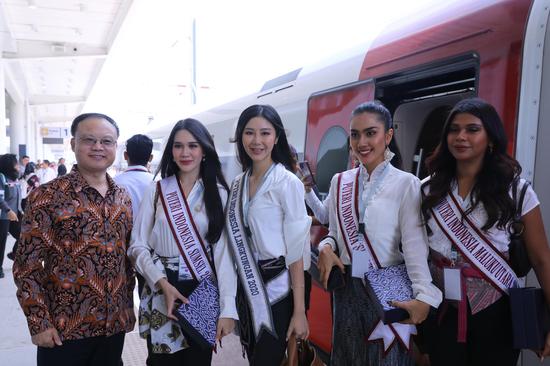

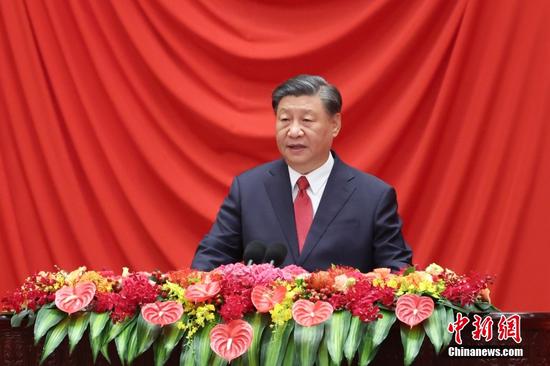
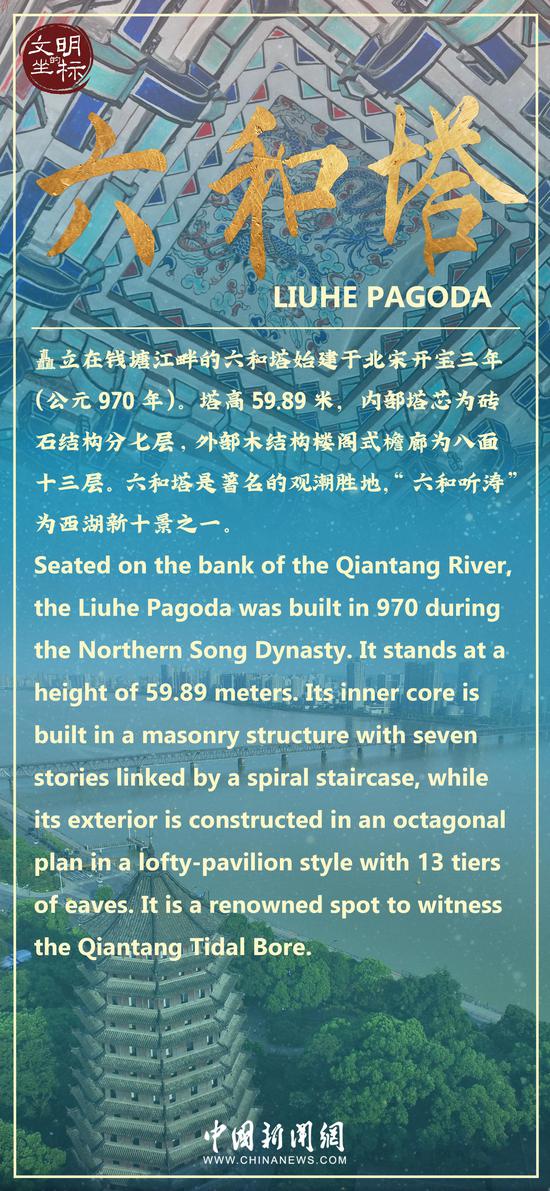
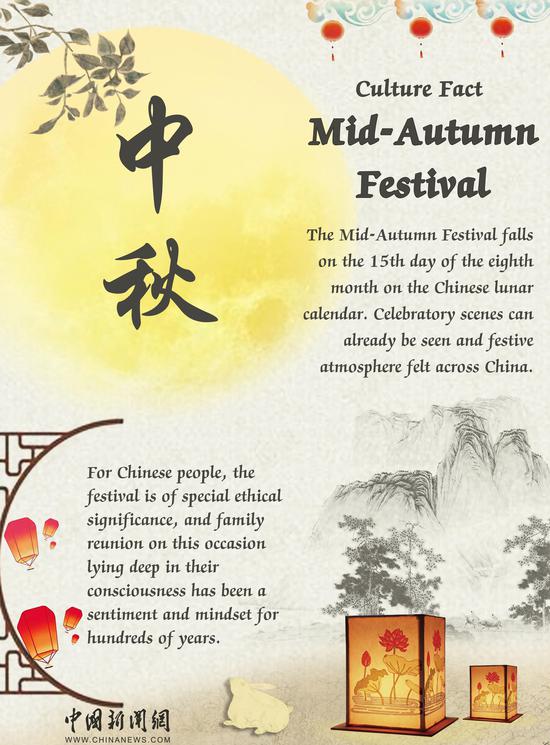
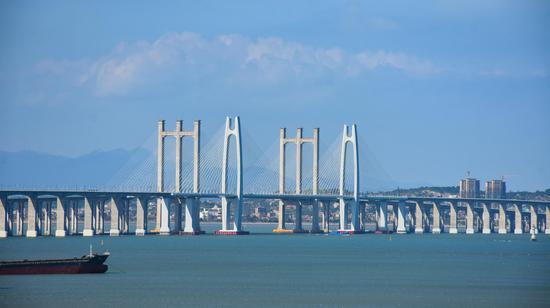
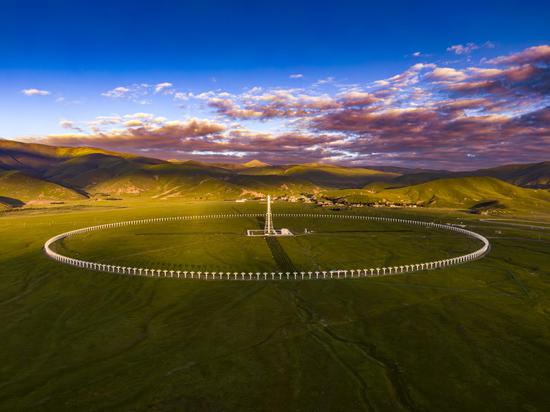
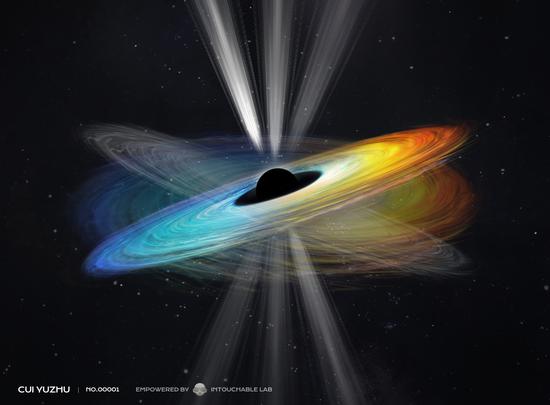
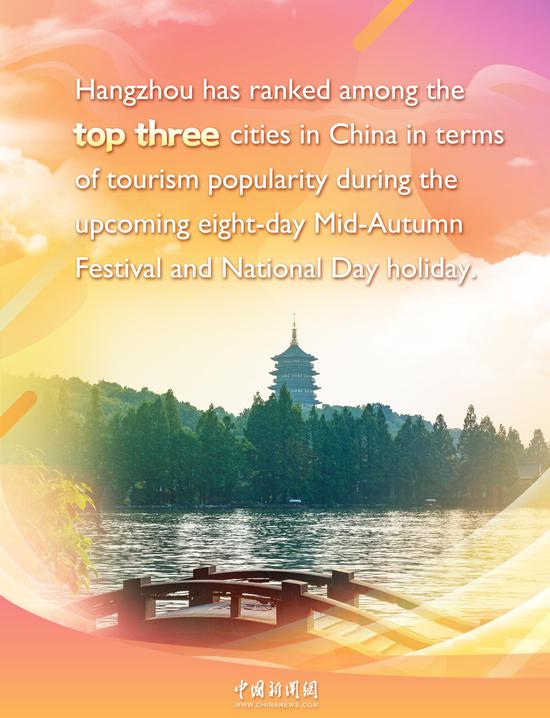
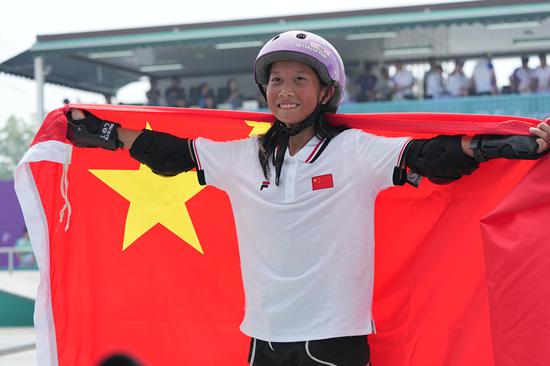

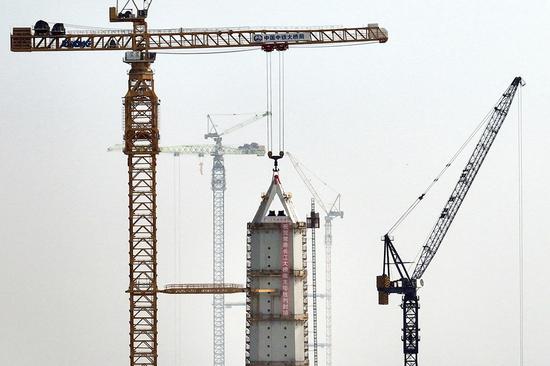

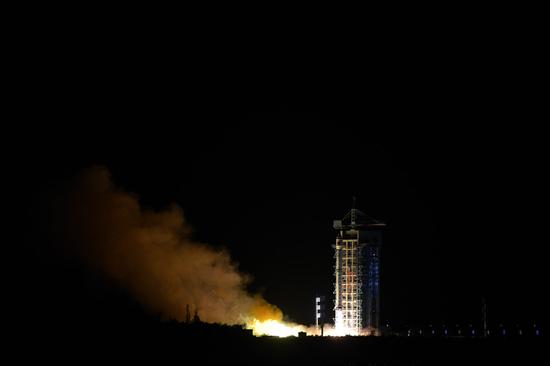









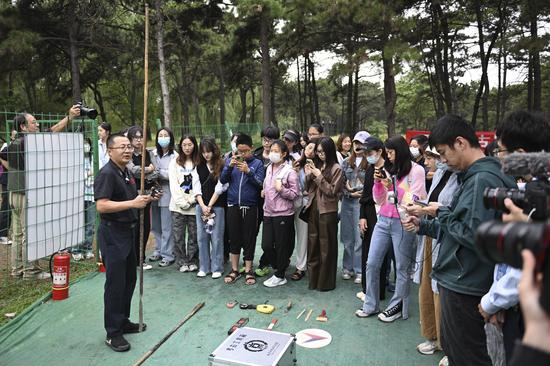




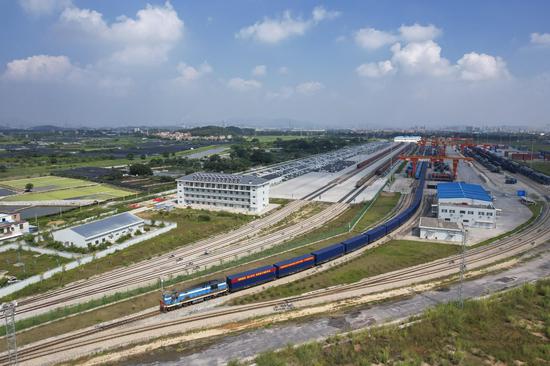
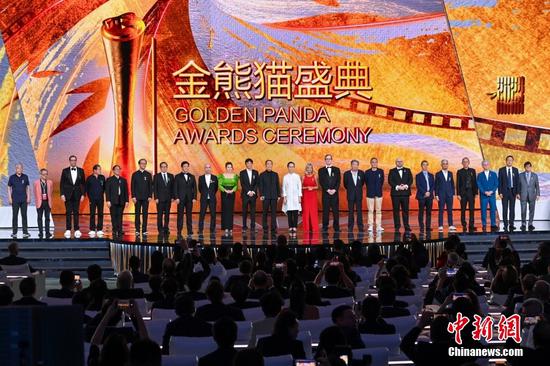


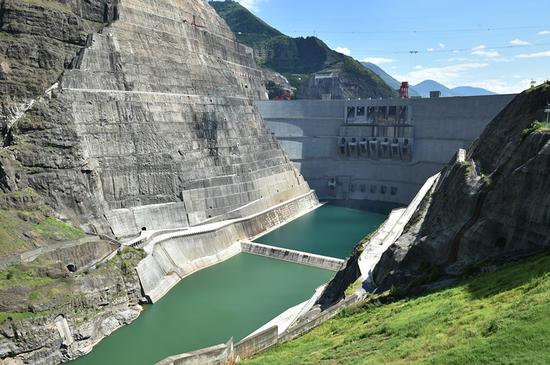

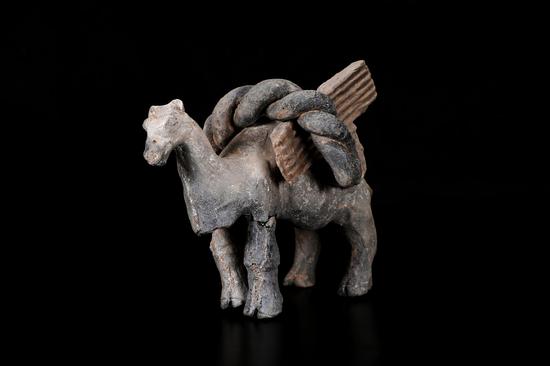







 京公网安备 11010202009201号
京公网安备 11010202009201号